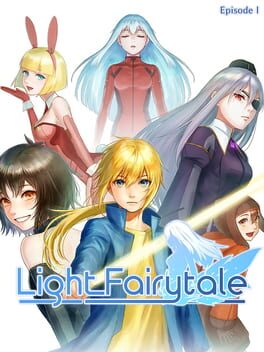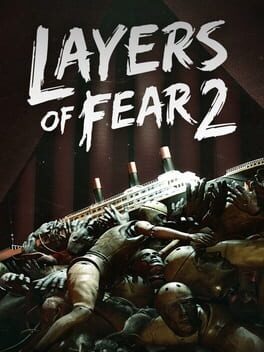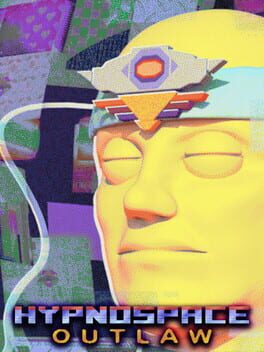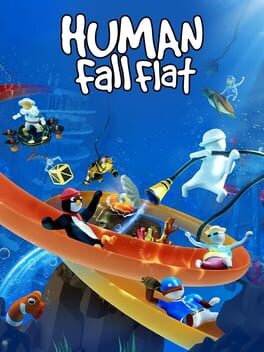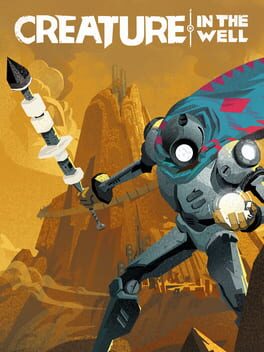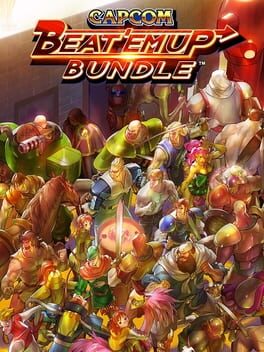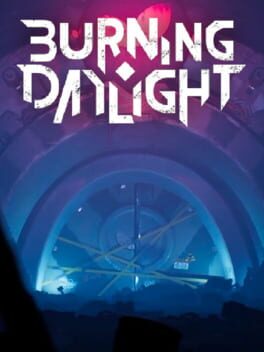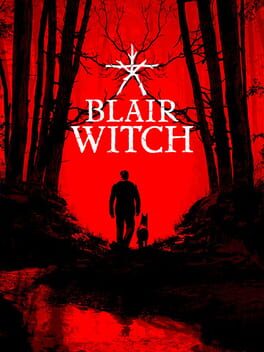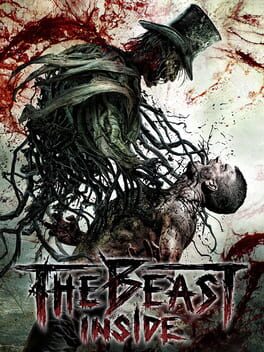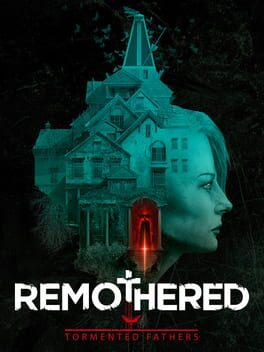thatdiesel
2015
While Murder does a fine job giving a taste of the dishonest relationships between the consciousness of AI and the lack of empathy from humans, it's over all too soon. We see moments where Minori starts to understand little by little the way AI is starting to turn the page in becoming a sentient equal to their human counterparts, but when the stake is about to be driven into the heart, Murder pulls away, letting the credits roll. I know Peter Moorhead is trying to intrigue and tempt the player into making a few discoveries within their own judgment, but a 20-30 minute run-time only gives enough time to present the thesis for the paper, but forgets to include the body and conclusion.
Even with a short run-time and being a little thin on content, I like what neko.works has started: the world-building can only go up from here, and the foundations that have been laid down are sound enough that I'm optimistic for the future episodes. Even though this may feel like a glorified demo, give Light Fairytale a try; it's a promising, albeit short, dive into the JRPGs of old, and positions itself with lovable characters and an interesting plot to propel it into something great in the future.
2019
Layers of Fear 2 can be a tough act to sit through. On one hand, a macabre depiction of one's past and how its unsettling memories can invade one's life is portrayed beautifully in each room of the sprawling ship. But with a lack of a solid identity in how it wants to characterize these emotions makes it a hard sell to press forward. Regardless, I feel that persevering through and reaching the final conclusion is worth the step backs. Take Layers of Fear 2's amazing attention to detail but sluggish pace with a grain of salt: open your mind, let the darkness seep in, and drudge forward, and you'll find a satisfying, albeit head scratching piece of horror.
2018
I don't hate what's been brought to me here, but I guess I'm just confused in the direction in which Innocence wanted to take its audience. The unnerving dread of having to move on with someone you weren't ready to leave is conveyed so well through Liam, but every other character in Last Stanza becomes either cannon fodder for extra words, or so unbelievably brutal towards the situation it takes you completely out of the story. If Last Stanza took more opportunity to relish the somber feelings, and build upon its characters to show how one can grow from tragedy, it would be so much more. Alas, the scattered remains of what Last Stanza's narrative could have been after a solid beginning leave much to be desired after the credits roll.
2019
While I won't try to spoil anything: the pastel-smeared paint of nostalgia coats a somber, depressing reality that no matter how new and exciting and presumed safe something can be: there will be someone that tries to ruin it. Emotions still exist, even in cyberspace, and the early days of the Hypnospace, much like our own World Wide Web, came at a time where minds were just maturing. And no matter how much policing will be done, one must learn to prepare for the worst, or suffer the wrath of anonymity and the guilt of perceived invincibility. Hypnospace Outlaw succumbs to cliché genre troupes, but delivers a nostalgia-filled head trip through a broken 1990s internet fever dream, and is worth every HypnoCoin you funnel into it.
2016
The off-center style of movement and puzzle solving may turn some away at first, but Human: Fall Flat is absolutely worth the time. I love the simplistic art style and the way No Brakes Games took a kooky idea, that can be frustrating to control, and transformed it into a hilariously good time: just make sure you bring your friends for the ride.
2019
It's hard nowadays to find a visual novel that isn't catering to a lower calling, its sole use for visual stimulation. But every now and then, you'll find a diamond in the rough, a story that calls to every emotion in you, to see not only a tale of regret and grief, but one of acceptance, love, and friendship. I couldn't be happier with how Studio Élan captivated its audience: it's sharp writing, lovable characters, and its breathtaking use of emotion put Heart of the Woods miles above the competition, and worth every minute you give it.
2019
I love games like Creature in the Well, because the risks taken to deliver on such an original project always intrigue me to grab my controller and dive in. But it's also games like Creature in the Well that disappoint me afterward seeing how much more it could have been. The lack of designed difficulty, the oft-repeating areas, and the uselessness of most weaponry, all in front of a ludicrously absurd final fight, overshadow many of the positives that make Creature in the Well still such an interesting title.
2018
Though the player is given the said incomplete puzzle, it's worth taking the time to put together what is given. The short tale of two souls embarked in a precarious fable of forbidden love, combined with a beautifully composed soundtrack, overshadow the missing pieces needed to fully imagine this story: a story of how a broken puzzle can be fully complete in the right eyes, the right hearts, and the right souls.
While the replay value solely depends if you enjoy the genre or not, there are good reasons why these games would dominate the arcades and the quarters in your pocket. Though there isn't much in terms of extras outside of the main titles, the amount of content within the games themselves should satisfy players enough. Each campaign, while none lasting much longer than a hour, have a lot of heart and depth packed into each play through, and with all the different characters and playstyles, no game truly runs the same way. Bring your friends, enjoy the games, and ready your continues!
2019
In the current gaming world, first impressions mean everything, and the world that's been built is very thought-provoking! But to see the range of powerful topics like religion, over-indulgence, and disillusionment all thoroughly well done be chipped away by avoidable mistakes hurts what little time Burning Daylight has to offer to stake its claim in what it wants to achieve. Since all it will cost you is time, give Burning Daylight an opportunity to show what it has to offer. The bleak, depressing approach is captivating with what could be composed of our over-indulged future, but the mounting technical problems pull it too far away from its chosen reality, and leaves it just a few coins short of really pushing through.
2019
While Blair Witch does have multiple endings (and good luck earning the Good Ending), the mysteries and world-building inside Burkittsville demands multiple trips into Black Hills Forest, urging you to cover every inch and turn every stone to learn the secrets of Ellis' past and help rid him of the demons that infest the Forest, as well as the inner demons in his soul. While the tagged genre of Survival Horror may feel deceiving to describe the more unnerving Walking Simulator style of Blair Witch, it's still a satisfying middle ground between the two that shines in the final act, making the oft-ambivalent combination of game play worth pushing through, regardless of what the voices may tell you.
2019
Just like Adam and Nicholas, I find myself split between what I feel is right and wrong. I love the world that has been built, the tense and well-thought pacing, and the engrossing story. But on the other side, I struggled to finish the game with the oft-putting design choices combined with excruciating load times. I love the work that was put in to craft a truly interesting story, and I’m happy I managed to get through to the end to see one of the four possible endings, but The Beast Inside inadvertently pushes away gamers from relishing the whole story with its disjointed fallbacks, something Adam and Nicholas know far too well.
2019
It would've been hard to make a case for Answer Knot if you had to spend anything more than a dollar or two, but for this free-to-play title that is shorter than most episodes of TV shows, download it and give it a run. It's a fun little trip that does the most with its run time, and it kept me entertained: which is all I can ask for in a title that seeks only to do just that.
While the “hide-n-seek” genre of Survival Horror has become increasingly popular, Remothered: Tormented Fathers carves out a decent corner of its own. While rough around the edges with the lack of features and polish that could have really heightened the experience, it tells a compelling story and gives a claustrophobic, unsettling first chapter to what could be a compelling trilogy.

